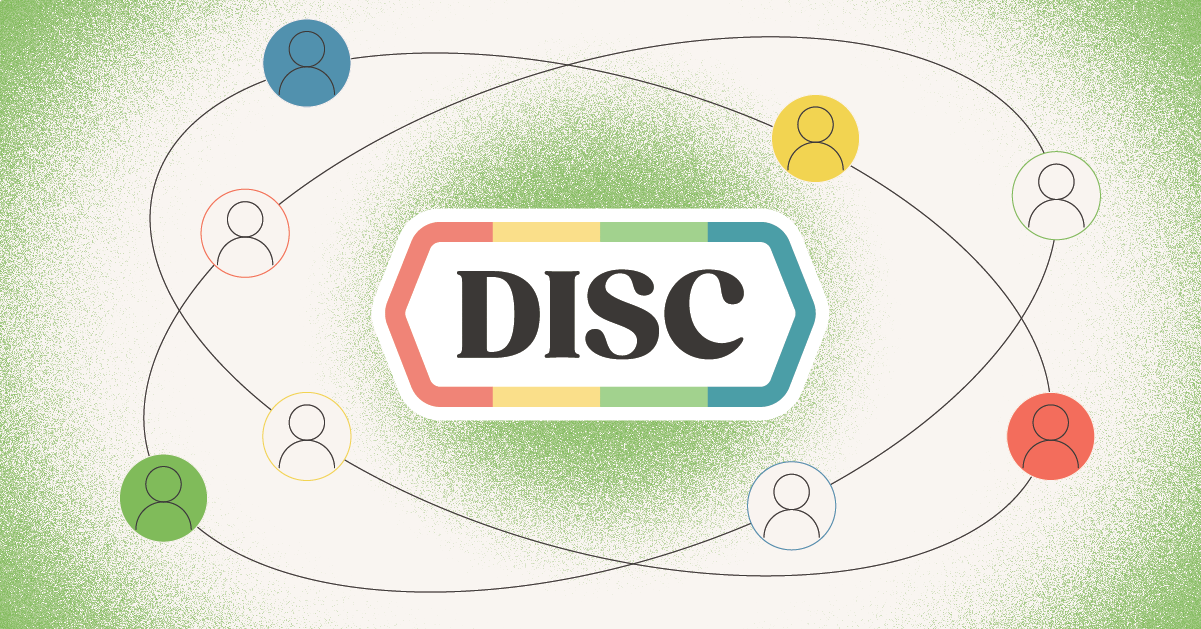
Assessments play a vital role in helping us understand behaviors that aren't immediately apparent. They offer clarity and insights into our own actions and those of others, fostering better collaboration and personal growth.
Using multiple assessments helps take that insight and growth even further. Before using an assessment suite, it’s worth digging into the science behind those assessments to develop your understanding and get the most out of your development.
TTI Success Insights has done the research for you! The Five Sciences of Self, a new book written by Dr. Ron Bonnstetter, Senior Vice President of Research at TTI, and Carissa Collazo, Research Technician, explains the history, development, and evolution of TTI's assessments.
“The Five Sciences of Self is not just a book,” said Bonnstetter. “It's a journey into the depths of human behavior, backed by science and designed to empower you with knowledge and tools for success.”
Understanding the Fundamentals
The Five Sciences of Self digs into the details, making complicated concepts easier to understand. It’s comprehensive but simple. “It's crucial to recognize the theoretical and research foundations behind the assessments since these aren't arbitrary tools,” said Bonnstetter. “They are deeply rooted in scientific research, as thoroughly explained in The Five Sciences of Self.”
The Five Sciences of Self summarizes TTI’s five extensive technical reports, making the complex information accessible to everyone. The book provides an exciting read into the history and thought leadership that has shaped our assessments over decades, enriched with stories that offer valuable context.
If you want to dig even deeper into the technical reports, they are available on our Research site.
“This level of depth is important because we want our partners and end-users to have confidence in the accuracy and validity of the assessments,” said Collazo. “Taking a TTI assessment is a very personal and sometimes vulnerable experience, and we want people to know that extensive research has been put into the process.”
The Importance of Validated Assessments
Not all assessments are created equal, and it’s important to understand their development to know what kind of product you’re getting as an end user. You don’t want to invest your time and energy into taking and learning an assessment that isn’t accurate. TTI’s assessments are meticulously developed, adhering to specified standards and the American Psychological Association's Assessment Protocol.
They are designed to provide accurate and trustworthy insights based on rigorous scientific protocols, ensuring that the benefits to the end user are reliable and meaningful.
Innovations and Validations
One of TTI's groundbreaking achievements is addressing the notorious problem of self-reporting assessments. The Five Sciences of Self explains how TTI has pioneered methods to verify response processing by collecting real-time brain images, thus ensuring the authenticity of client responses.
“We work to identify and correct confusing or overly simple items,” said Bonnstetter. “Through this work, we've enhanced the quality of our assessments, leading to more accurate insights. This rigorous process of validation and improvement is a testament to our commitment to excellence.”
Our patented brain imaging process to validate assessment elements is unique in the industry and has helped us continuously improve our tools.
“By looking at an individual’s real-time brain activity while they read through an assessment, we get an inside look at how they are processing the statements,” said Collazo. “If a statement is confusing, we can see the brain trying to comprehend it rather than it immediately resonating with the individual. This allows us to modify items in our assessments to ensure clarity; therefore, providing more accurate results.”
A Holistic Perspective
The first chapter of the book lays out the importance of a holistic view. TTI’s five sciences are grouped to provide a comprehensive understanding of social interaction and engagement, requiring multiple viewpoints. This approach ensures that we’re not just looking at one aspect but considering the full spectrum of human behavior.
“My favorite part of working on the book was taking a deep dive into each science,” Collazo shared. “Writing about our assessments provided a new angle for me to explore the history and makeup of our tools, so I enjoyed re-visiting the theory and science that has helped construct each one.”
“My personal favorite part of writing The Five Sciences of Self was collaborating with Carissa,” added Bonnstetter. “Her enthusiasm and additional insights made the entire process joyful.”



